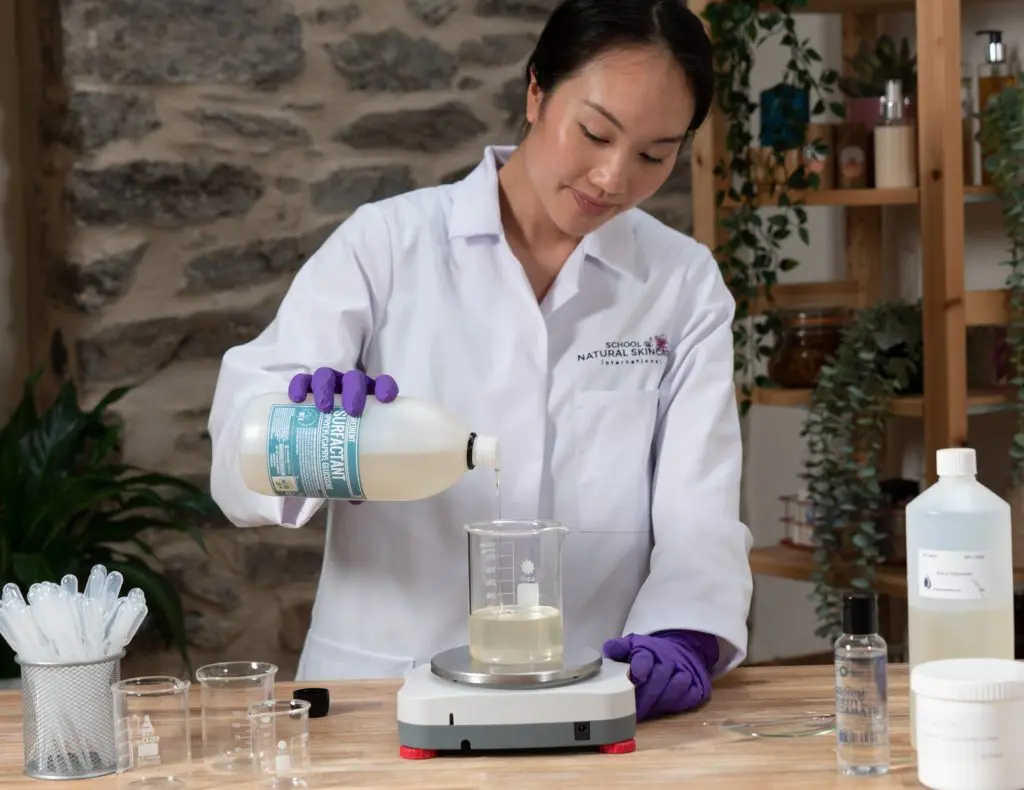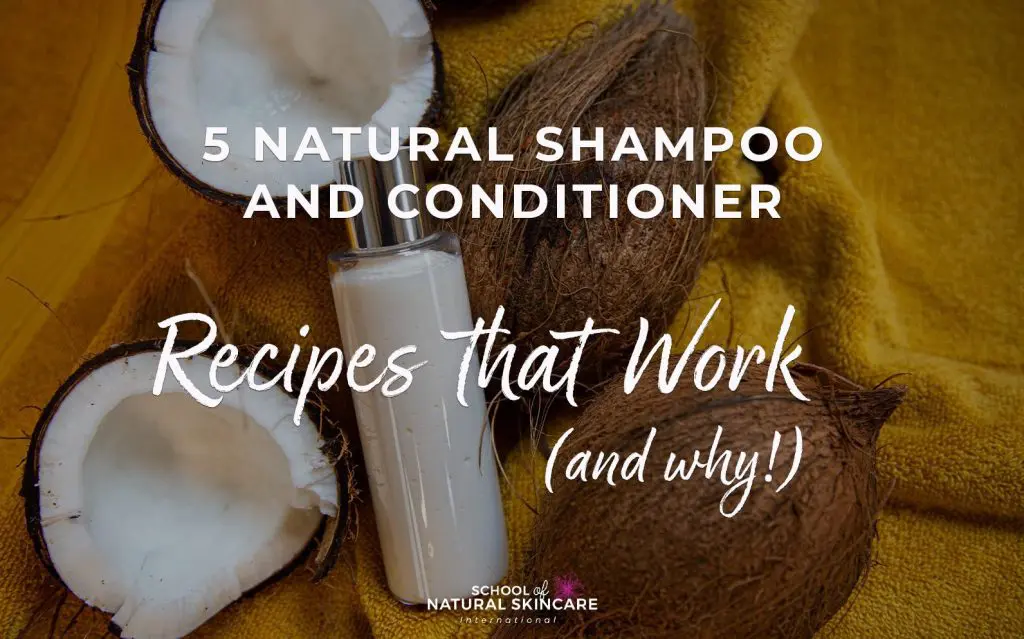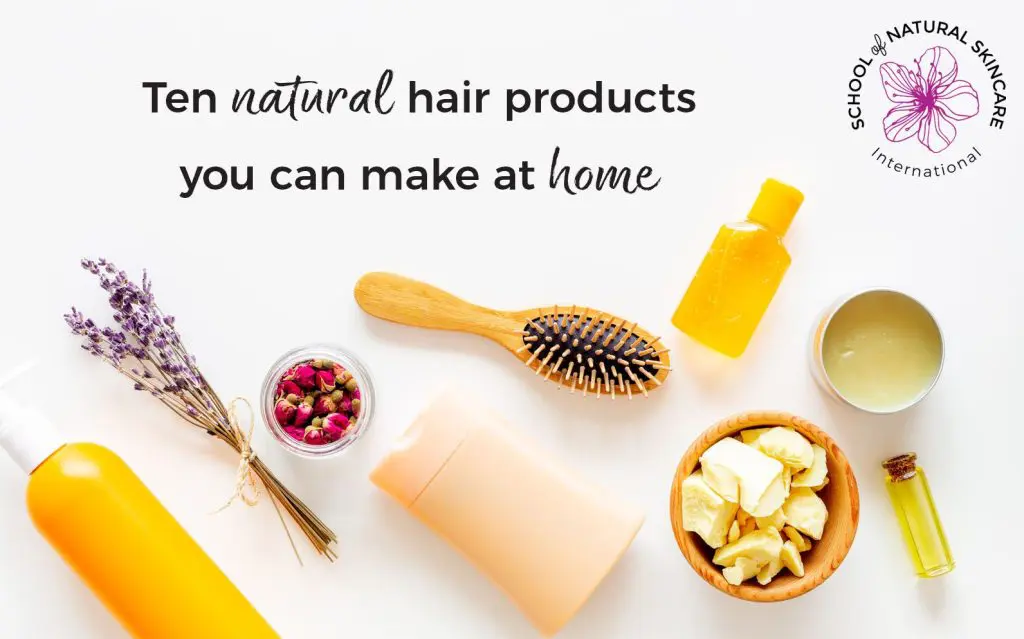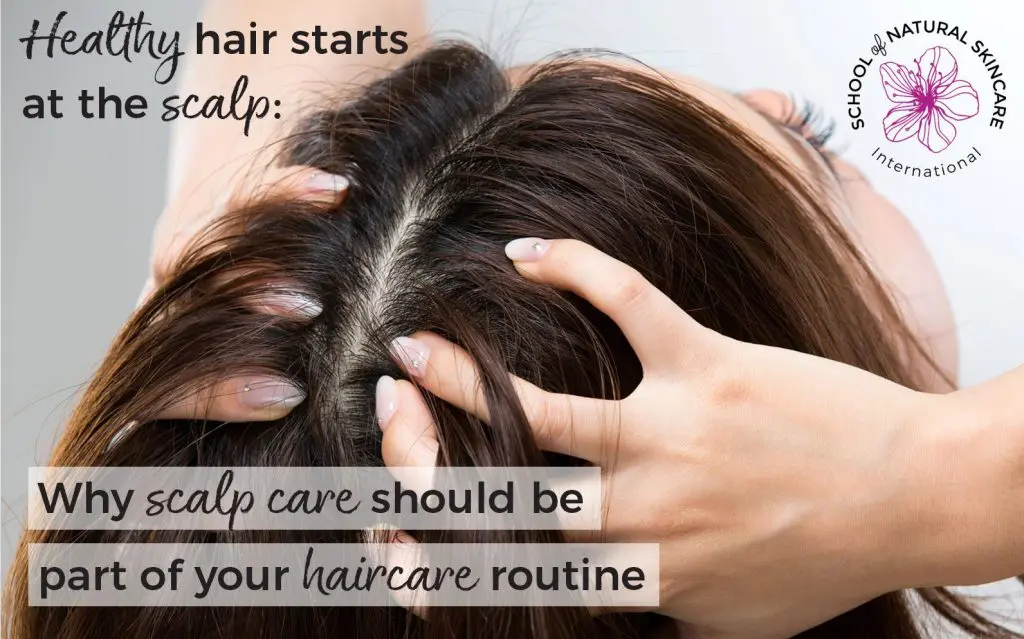Ayurvedic medicine is an ancient methodology for healing and wellness, and it’s centered around the unity of body, mind, and spirit. It’s primarily based on ancient Indian writings which outline the medical philosophy for the mostly plant-based treatment of a variety of diseases and conditions. Some initial clinical trials of Ayurvedic medicine have shown promising results for pain reduction and improvement in joint function, type 2 diabetes, and digestive problems, and continued trials are still being funded. But as a whole-body healing methodology, Ayurvedic principles can be applied to your skincare and even haircare products.
Ayurveda divides us into three constitutional types (Doshas): Vata, Pitta and Kapha. It gives individual characteristics for each dosha. You may relate to one or all doshas, and will most likely be a combination of two.
In the book, A Pukka Life, (written by Sebastian Pole – founder of the inspirational Pukka brand), which is all about Ayurvedic medicine, it specifies certain hair characteristics for each dosha type:



vata:
“Dry, thin, curly, wiry, dark, frizzy, scant hair over body.”
pitta:
” Straight, blond, brown or red, often early greying with early balding.”
kapha:
“Often brown, abundant, thick, wavy, can be oily, can have a very hairy body!”.
Sometimes we can experience imbalances that will lead us to have excess in one specific dosha – these imbalances can often be pacified with certain ingredients – both on the inside and outside of our bodies!
A deeper understanding of Ayurvedic medicine, as well as understanding what’s unique to your haircare needs and your body, can help you seek out specific Ayurvedic ingredients that treat and nurture these different types of hair. For example, someone who has a pitta imbalance may benefit from using Brahmi, as it can cool and soothe the scalp and hair.
Note: Ayurvedic medicine is not intended to be the first line of defense against a medical condition. Please consult with your doctor or healthcare provider and seek out a wide range of treatment options to find the one that may be the very best for you and for your body!
Ayurvedic Ingredients for Haircare
Dating back to ancient Indian formulations, Ayurvedic ingredients have been traditionally used as hair cleansers and conditioners for centuries, and while some of them may be familiar—aloe vera powder, green tea powder, and kelp powder, for example—others might be new or more challenging to source if you’re just getting started.
A few others we love to work with include Spirulina powder, which is a powerful ingredient rich in nutrients and trace elements, and is beneficial for scalp health. We also work with Hibiscus flower powder, on the other hand, has nutrients which boost hair growth and also provide a subtle enhancement to red tones in the hair.
Other ayurvedic ingredients may be less familiar to new formulators, but can have wonderful benefits when incorporated into your haircare formulations. Bhringaraj powder has properties which help prevent hair loss and breakage, while Brahmi powder stimulates hair growth and works against dandruff.
(We cover a number of these ingredients, and more, in our Diploma in Natural Haircare Formulation!)

Formulating Ayurvedic Shampoo
When creating an Ayurvedic shampoo, the primary ingredients are going to be plant powders with saponins. Saponins are surfactants which clean the hair, much like surfactants that are included in liquid shampoos. To these powders, we add plant powders such as amla powder, shikakai powder, and sidr powder, which have nourishing and conditioning ingredients. We also use ginger and lime essential oils, which provide fragrance as well as a powerful stimulating effect on the scalp.
Working with Ayurvedic ingredients and formulating your own haircare products is not as intimidating as it might seem. These well-loved ingredients have been in use for generations, and have provided strengthening, nourishing, cleansing, and health-supporting properties for countless people. Why not give them a go—and study professional-quality formulation skills so your time isn’t wasted with trial and error? Come check out the Diploma in Natural Haircare Formulation and see all of the information that could be right at your fingertips, and get started today!
Free Training
Become a Natural Haircare Formulator
There are so many myths and mistakes online about haircare formulation—many of which can actually damage your hair.
Learn the professional way to formulate natural and organic haircare products with our free email training series.

Exclusive for our newsletter subscribers. Sign up now!
We look after your data in accordance with our privacy policy.
What you’ll learn:
- The essential ingredient you must include in a shampoo.
- Five natural shampoo recipes that won’t work and why.
- How to avoid SLS – and gentle, natural alternatives.
- The difference between making haircare products and skincare products.
- How NOT to make your own shampoo and conditioner bars.
Exclusive for our newsletter subscribers. Sign up now!
Enjoyed reading this blog post? Save this image below on Pinterest so you can be sure to remember!




